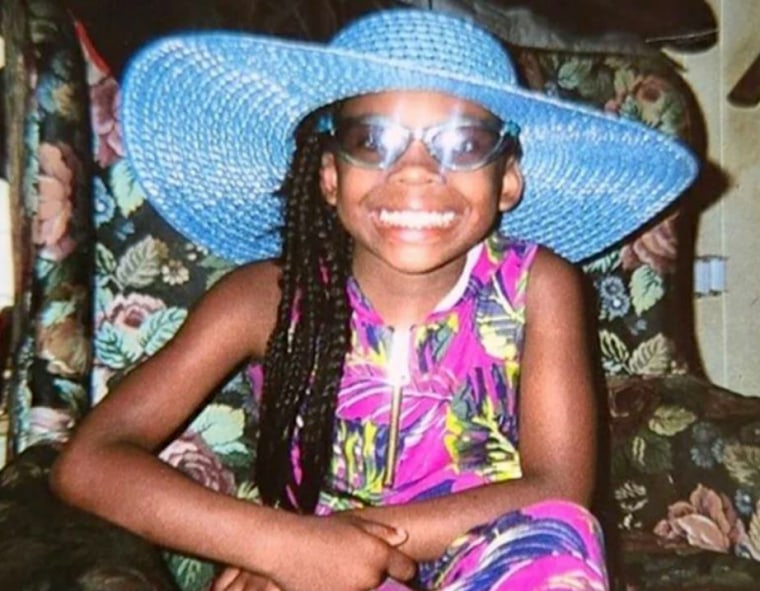A federal judge on Tuesday dismissed a wrongful death lawsuit that claimed TikTok was responsible for the death of a 10-year-old who took part in the so-called Blackout Challenge.
Taiwanna Anderson of Pennsylvania had sued TikTok and its parent company ByteDance in May after the death of her daughter, who she found hanging unconscious from a purse strap at the end of last year. The challenge, which encourages participants to choke themselves until they pass out, had appeared on the child’s TikTok For You Page, according to court documents.
Anderson attempted CPR before emergency responders rushed her daughter to the hospital, where she died after spending days in the pediatric intensive care unit, according to the lawsuit. Deep marks on her neck showed signs that she had struggled to free herself after performing the challenge in a bedroom closet.

Judge Paul Diamond granted TikTok’s motion to dismiss, ruling that the app is protected by Section 230 of the Communications Decency Act, which protects internet platforms from being held liable for content posted by third-party users.
“Defendants did not create the Challenge; rather, they made it readily available on their site,” Diamond wrote in a memorandum. “Defendants’ algorithm was a way to bring the Challenge to the attention of those likely to be most interested in it. In thus promoting the work of others, Defendants published that work — exactly the activity Section 230 shields from liability.”
Diamond did not immediately respond to a request for comment. TikTok declined to comment on the lawsuit.
Jeffrey Goodman, an attorney representing Anderson, said that "the Anderson family will continue to fight to make social media safe so that no other child is killed by the reckless behavior of the social media industry.”
“The federal Communications Decency Act (CDA) was never intended to allow social media companies to send dangerous content to children,” Goodman said in a statement.
The ruling illustrates a failed attempt by the lawsuit to make arguments outside of the protections historically afforded by Section 230.
Anderson did not aim to make TikTok liable as the speaker or publisher of videos relaying the Blackout Challenge, according to the lawsuit, but sought to hold the company responsible for its “dangerously defective” app and algorithm, as well as its allegedly negligent conduct.
“The TikTok Defendants’ app and algorithm have created an environment in which TikTok ‘challenges’ are widely promoted and result in maximum user engagement and Participation,” the lawsuit said, “thus financially benefiting the TikTok Defendants.”
But Diamond ruled that even these legal arguments are “inextricably linked” to the way TikTok chooses to publish third-party content, meaning Section 230 immunity would still apply.
The lawsuit was among several that have been filed related to the Blackout Challenge in the last year. In July, the families of two young girls also sued TikTok after their children, aged 8 and 9, died of self-strangulation while participating in the Blackout Challenge.
In April 2021, a 12-year-old boy also reportedly died after attempting the challenge.
Since January 2021, searching the “Blackout Challenge” on the app has redirected users to a page emphasizing the dangerous nature of some online challenges — blocking direct search results of videos related to the term or hashtag.
A TikTok spokesperson told NBC News that the challenge had never trended on the platform and predates the app’s existence.
It was known as “the choking game,” which the Centers for Disease Control and Prevention defines as “self-strangulation or strangulation by another person with the hands or a noose to achieve a brief euphoric state caused by cerebral hypoxia.” Prolonged strangulation can then lead to serious brain injury or death.
A study published in 2008 by the CDC showed that at least 82 youth died as a result of playing the “choking game” from 1995 to 2007. The average age of those who died was 13.
